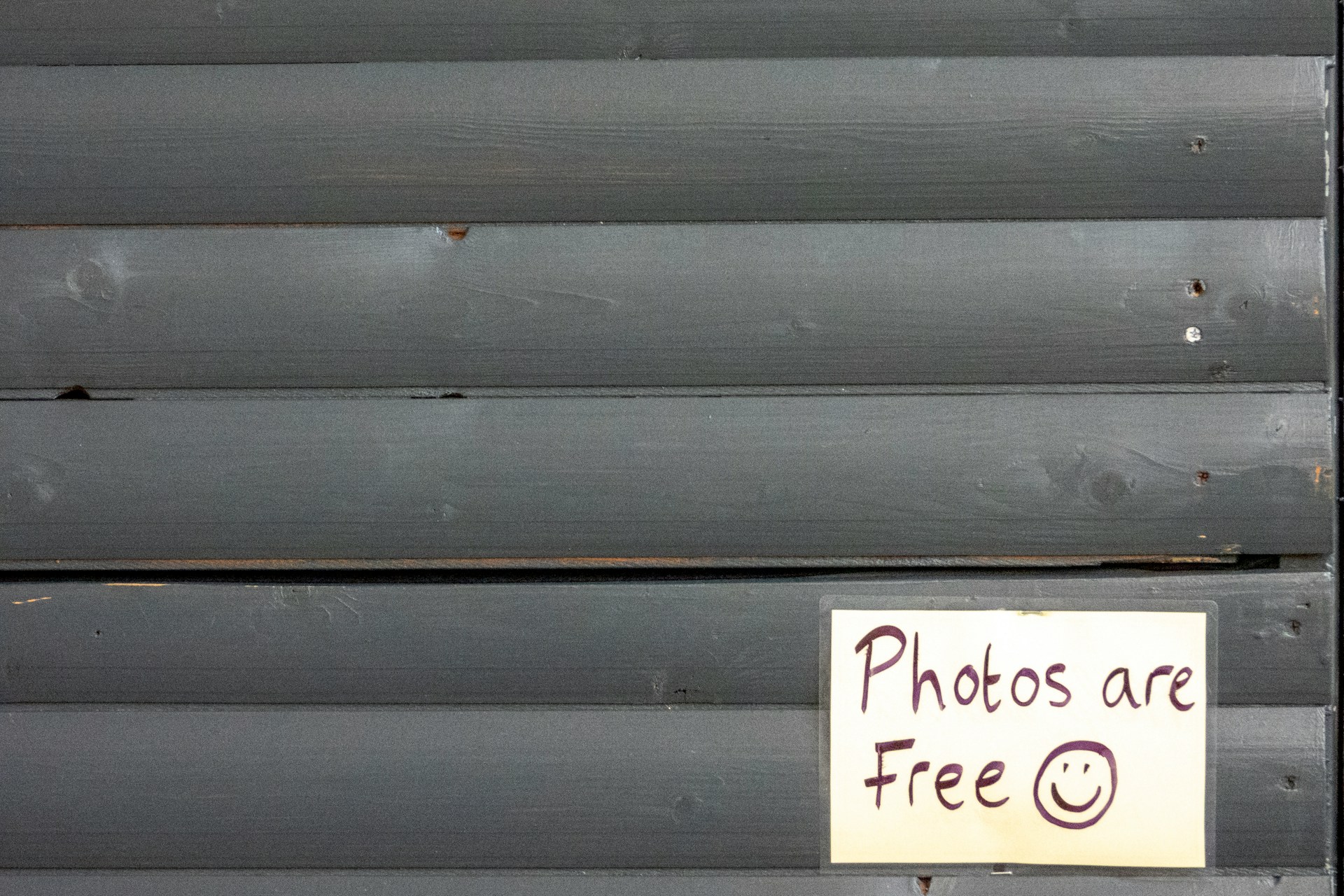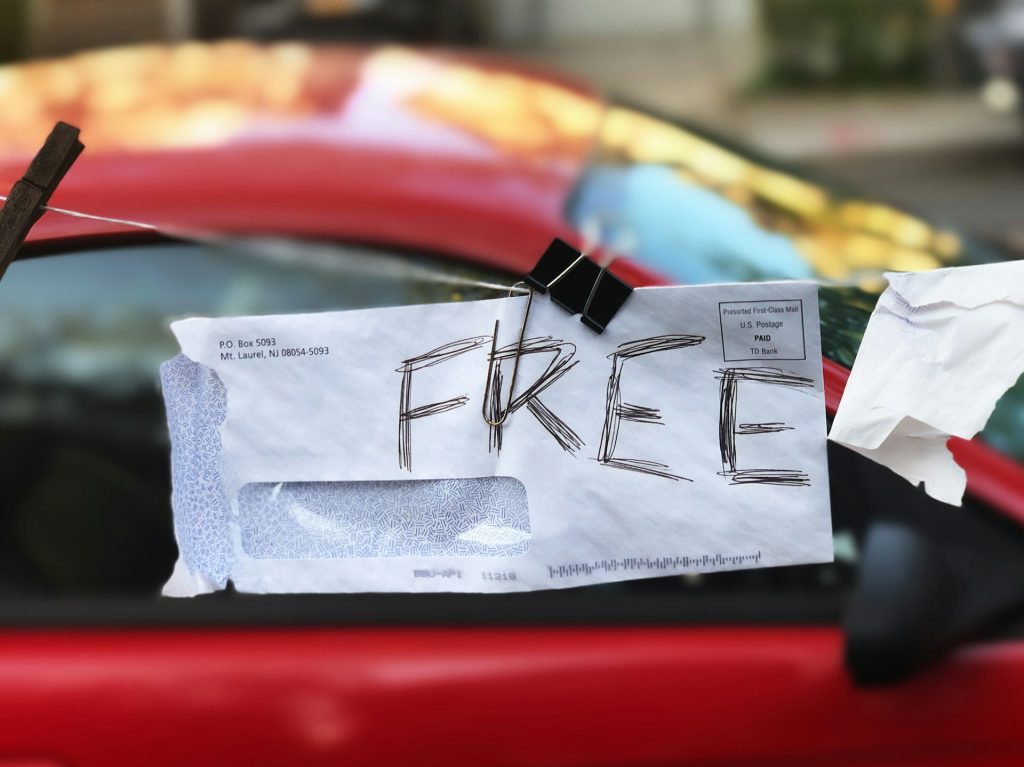You see the word ‘free’ scrawled on a sign or flashing in a subject line and, just like that, your brain seems to switch gears. A rational, thinking person can suddenly find themselves queuing for half an hour for a coffee they didn’t even want. What’s going on there? It isn’t just about being thrifty. It’s a powerful quirk of human psychology, a knee-jerk reaction that’s hardwired into us. When you’re faced with an offer that costs absolutely nothing, the normal rules of decision-making just don’t seem to apply.
We tend to think of ‘free’ as just another price, the lowest possible one. But our brains don’t see it that way. They treat zero as something special, something that triggers an emotional, almost giddy, response that a 1p price tag simply can’t match.
Dodging the Bullet of a Bad Bargain
Think about the last time you bought something, anything at all. Even if you were happy with it, there was probably a tiny moment of calculation. A little internal voice asking, ‘Is this really worth it?’ That’s your brain doing its job, weighing the cost against the benefit and trying to protect you from the sting of a bad decision. We are all, to some degree, terrified of making a mistake and losing out. In fact, studies show the misery of losing a tenner is far more potent than the joy of finding one.
A free offer wipes that slate clean. Instantly. The risk of loss? Gone. The potential for regret? Vanished. There’s no skin in the game, so the internal debate just stops. It’s a mental shortcut to a ‘yes’ because the worst-case scenario is that you’ve lost nothing but a little bit of your time. This lack of a downside is liberating, and it makes the offer almost irresistible.
The Unspoken Social Contract

It’s like when your neighbour takes your bin out for you. You feel like you owe them one, don’t you? It’s not a formal debt, but a quiet, social obligation. That feeling is called reciprocity, and it’s a powerful force that helps to hold society together. We are programmed to want to give something back when we receive something first.
Clever businesses play on this very human trait. When a company gives you something genuinely useful for free, they are doing more than just handing over a product. They are starting a conversation and building a sliver of goodwill. It’s a way of saying, ‘Here, try this, we’re confident you’ll like it’. This approach is used all over the place, from a free slice of cake at a new café to the world of online entertainment where sites offer incentives like free spins no deposit win real money in the UK to create a positive first impression. It’s a foot in the door that feels like a gift, not a sales pitch.
The Sheer Buzz of a Windfall
And then there’s the simple buzz of it all. Getting something for nothing feels like a win. It’s a small, unexpected windfall that gives your brain a little happy jolt. That feeling of being lucky, of having beaten the system, can make the item itself seem far more valuable than it is. It’s not just a free pen; it’s a trophy.
There was a brilliant experiment that showed this in action. Researchers once offered people a choice: a bog-standard Hershey’s chocolate for 1p, or a fancy Swiss Lindt truffle for 15p. Most people paid the extra for the much nicer truffle, which makes perfect sense. But then, the prices were dropped by 1p. The standard chocolate was now free, and the fancy one was 14p. The results went haywire. Suddenly, the vast majority of people grabbed the free, lower-quality chocolate. The simple power of ‘free’ was enough to make them abandon their rational preference. It was a bonkers, but very human, outcome.
So, is it any wonder that we’re all a bit of a sucker for a freebie? It’s not a character flaw. It’s just how we’re built; a messy, fascinating combination of risk avoidance, social instinct, and the pure, simple joy of getting something for nothing.





















